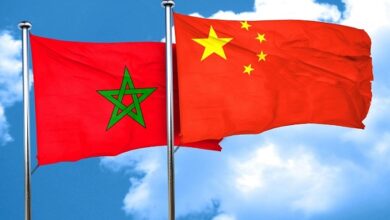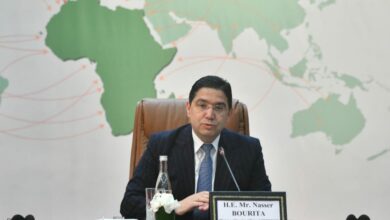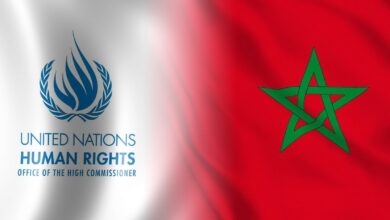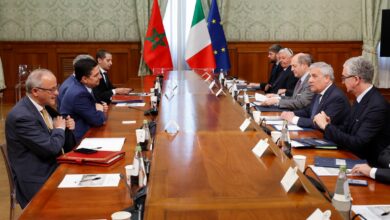Nasser Bourita: The Silent Architect of Modern Moroccan Diplomacy
Nasser Bourita: The Silent Architect of Modern Moroccan Diplomacy

By Meryem Hafiani
The name Nasser Bourita today stands out as one of the most influential diplomatic figures on both regional and international stages. A discreet minister who favors efficiency over media exposure, Bourita — under the high guidance of King Mohammed VI — has succeeded in repositioning Morocco as a respected and well-regarded strategic player, from East to West.
Since his appointment in 2017 as Minister of Foreign Affairs, African Cooperation, and Moroccans Living Abroad, Bourita has established a pragmatic and measured diplomacy founded on the royal vision: firmly defending national sovereignty — foremost the issue of the Moroccan Sahara — while engaging with a multipolar world through diversified partnerships.
Over the years, Morocco’s chief diplomat has emerged as the architect of a results-driven foreign policy. Across Africa, he rebuilt a robust network of alliances, paving the way for Morocco’s triumphant return to the African Union and strengthening its presence in West and Sub-Saharan Africa through tangible development projects.
On the Arab scene, his sense of balance has allowed the Kingdom to maintain its role as a credible mediator, even in the most delicate matters, without ever deviating from its national constants.
At the international level, Bourita has consolidated balanced relations with major global powers — from Washington to Beijing, via Brussels and Moscow. This equilibrium was eloquently demonstrated during recent United Nations Security Council deliberations on the Moroccan Sahara: Russia and China chose to abstain, not out of disagreement, but out of respect for Morocco — a clear sign of the Kingdom’s growing diplomatic weight on the global stage.
Nicknamed by some observers as “the silent minister with formidable efficiency,” Bourita avoids rhetorical overkill and headline-grabbing statements. His style is defined by reason, firmness, and composure. As a European diplomat confided to Jeune Afrique:
“Bourita doesn’t speak often, but when he does, he builds consensus. That is his real strength.”
Behind his calm demeanor lies a man deeply versed in the intricacies of global diplomacy. Before taking office as minister, Bourita held several key positions within the ministry — notably Director of European Affairs and later Secretary-General — a career path that endowed him with both rare technical expertise and strategic vision, making him one of the principal architects of modern Moroccan diplomacy.
Today, after a series of diplomatic achievements — including the United Nations’ renewed recognition of Morocco’s sovereignty over its Sahara — many analysts agree that Nasser Bourita ranks among the finest foreign ministers in Morocco’s contemporary history. His merit lies not only in the results achieved, but also in his distinctive style: a diplomacy rooted in trust, restraint, and rationality.
Through this balanced approach, Nasser Bourita now embodies an entire Moroccan school of diplomacy — one that shuns the limelight yet builds enduring balances, secures tangible gains, and amplifies Morocco’s voice across international forums.





